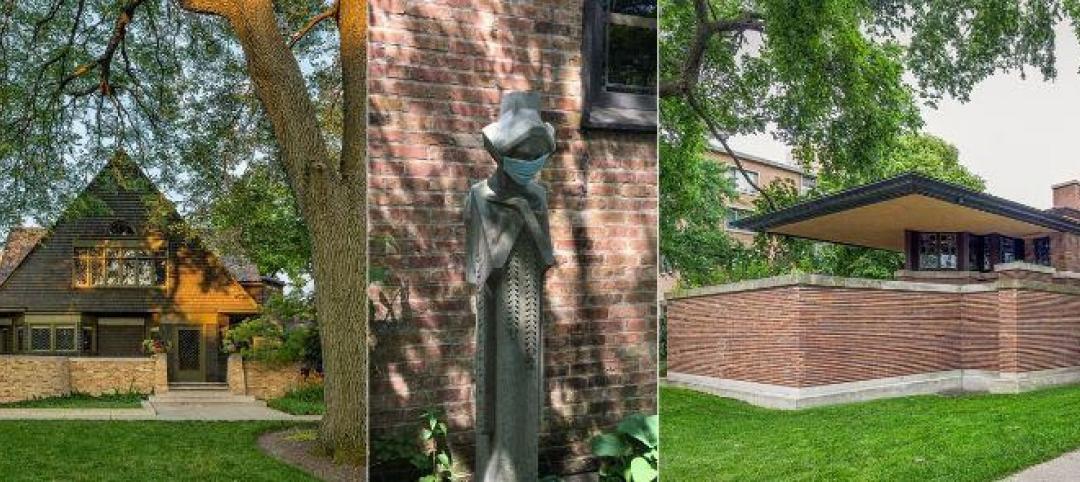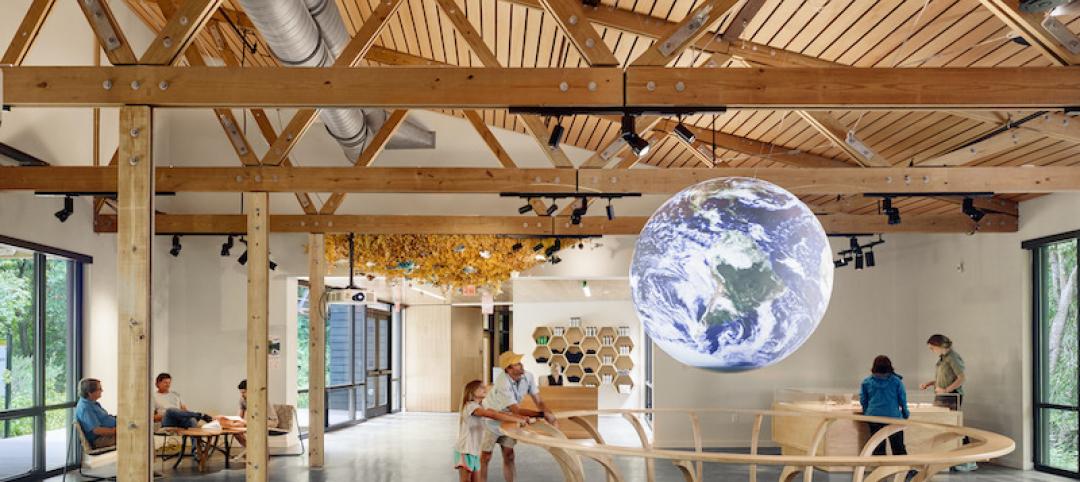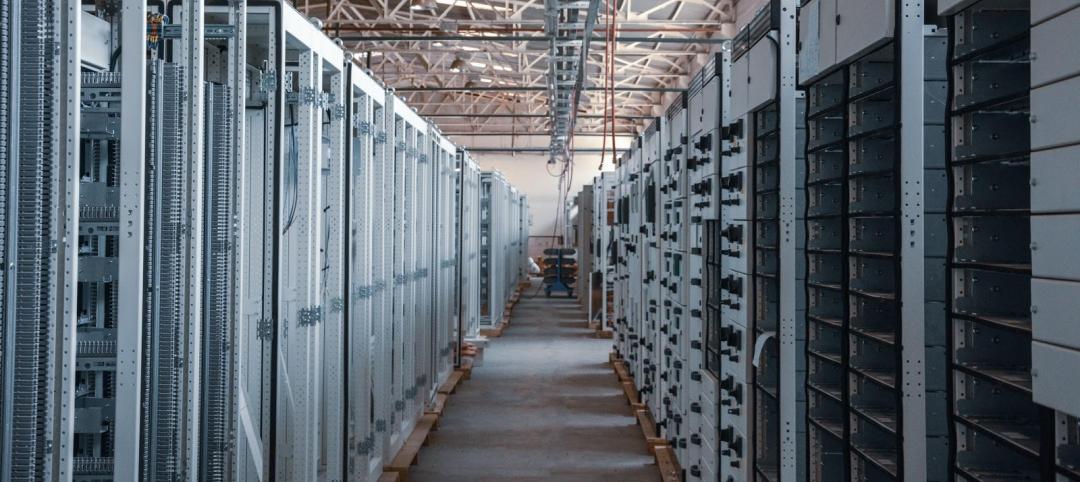Coffee giant Starbucks is rolling out mini-stores with maximum local flavor, as part of an international pilot program. Each location will be ~500 sf, created from modular units but clad in materials that reflect the local environment. Façades may incorporate reclaimed lumber, corrugated materials, parts of shipping containers, or other "craftsmanlike" approaches, including illuminated exterior "art panels." The push for smaller and more sustainable stores is part of the company's overall Shared Planet Initiative.
Starbucks' President of Global Development, architect Arthur Rubenfeld, is supervising the roll-out, which reflects the evolution of Starbucks as a destination. The model differs from the "neighborhood coffeehouse" vibe, and is targeted at drive-through and walk-up customers. If successful, the initiative will allow Starbucks to expand into sites that are too small to sustain one of its traditional stores. The company's 14 architectural offices will design the LEED certified units, each of which will be staffed by three to five employees.
The prototype for the effort opened last year in Tukwila, a Seattle suburb, and was created from repurposed shipping containers. Containers were also used for a new store in Northglenn, Colo., clad in reclaimed Wyoming snow fencing.
http://www.fastcodesign.com/1670889/an-experimental-new-starbucks-store-tiny-portable-and-hyper-local#1goo
Related Stories
Coronavirus | Jun 12, 2020
BD+C launches 'The Weekly,' a streaming program for the design and construction industry
The first episode, now available on demand, features experts from Robins & Morton, Gensler, and FMI on the current state of the AEC market.
Architects | Jun 8, 2020
Two Frank Lloyd Wright sites set to reopen for tours with enhanced health and safety protocols
The sites will reopen on Thursday, June 11.
Architects | May 28, 2020
Ghafari joins forces with Eview 360
Global architecture + engineering firm announces investment in experiential design agency.
Coronavirus | May 26, 2020
9 tips for mastering virtual public meetings during the COVID-19 pandemic
Mike Aziz, AIA, presents 9 tips for mastering virtual public meetings during the COVID-19 pandemic.
Architects | May 26, 2020
AIA honors exceptional designs with its COTE Top Ten Awards
Projects integrate high design with advanced performance in ten key areas.
Coronavirus | May 22, 2020
COVID-19: Healthcare designers look to the future of medical facilities in light of coronavirus pandemic
The American College of Healthcare Architects (ACHA) has released the key findings of a survey of its members revealing their insights on the future of healthcare architecture and the role of design in the context of the COVID-19 healthcare crisis.
Coronavirus | May 18, 2020
Infection control in office buildings: Preparing for re-occupancy amid the coronavirus
Making workplaces safer will require behavioral resolve nudged by design.
Data Centers | May 8, 2020
Data centers as a service: The next big opportunity for design teams
As data centers compete to process more data with lower latency, the AEC industry is ideally positioned to develop design standards that ensure long-term flexibility.
Coronavirus | Apr 30, 2020
Gilbane shares supply-chain status of products affected by coronavirus
Imported products seem more susceptible to delays
Architects | Apr 23, 2020
Take a virtual tour of Frank Lloyd Wright's Robie House
Explore the building with Frank Lloyd Wright Trust curator David Bagnall.

















